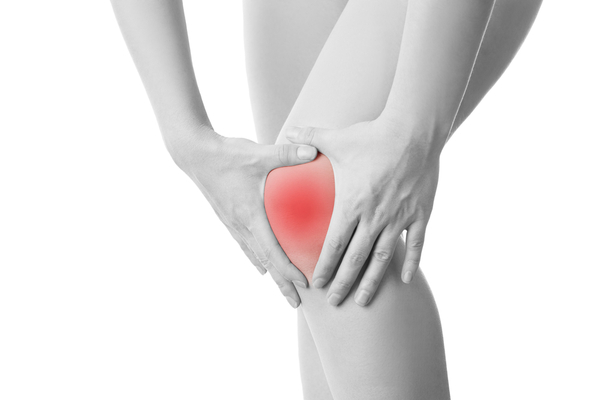Advanced knee assessment
Patients of all ages may access this assessment service without a physician referral for a fee by requesting a knee assessment online or by calling 1 (844) 675-2947.

PATIENT FAQ
Knee pain may limit daily activities, work productivity and social participation.
Chronic knee pain may lead to loss of independence and lower quality of life. In severe
cases, this condition may cause long-term dysfunction and disability.
People with chronic knee pain, particularly those with degenerative joint diseases, are at- risk for developing mental health conditions (e.g., depression) due to the ongoing tolls of their condition.
Knee pain is a common problem among people of all ages, arising from issues with the knee joint or soft tissue surrounding the knee. The severity and location of the knee pain will vary depending on the condition. Conditions may include injuries, arthritis, muscle strains and ligament sprains. Factors such as a history of knee injury, obesity, poor physical condition, and work/recreational activities that place stress on the knees, increase the risk of knee pain. Lifestyle changes can help prevent future knee problems, such as maintaining a healthy weight, stretching, low-impact exercise and wearing proper shoes.
Most people with knee pain do not require surgery but, instead, they can manage and improve symptoms through self-care measures and conservative treatments. These treatments may include physical therapy, occupational therapy, regular exercise and stretching. Arch supports and knee braces may be recommended to help support and protect the knee joint. There are many simple ways to reduce and manage knee pain on your own at home through rest, ice, compression and elevation (RICE); numbing creams; stretching; resistance training; low-impact exercise and anti-inflammatory medications.
In most cases, knee pain is a short-term nuisance but, for some, knee pain may lead to long-term disability. Surgery and other forms of specialist intervention are considered when conservative treatments have not improved symptoms and the knee pain interferes with daily activities or sleep. Further investigation of your condition may be required if you experience moderate-severe knee pain that cannot be relieved with anti-inflammatory medication, knee instability, or bowing of the leg.
